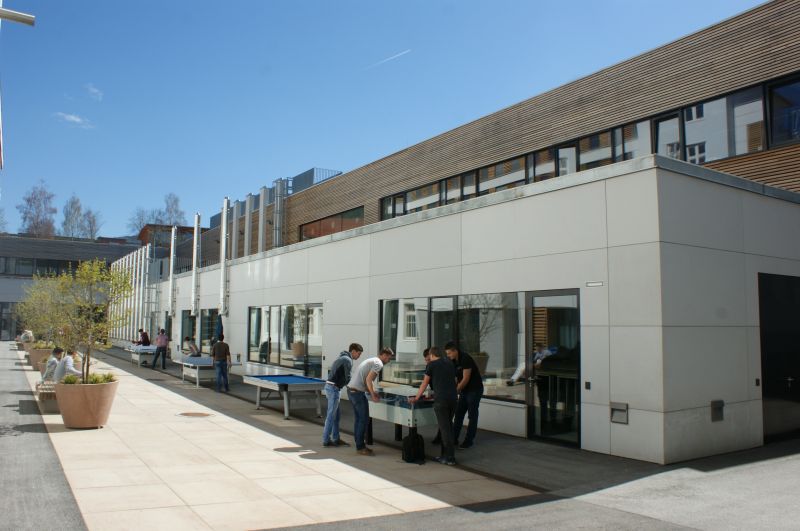SRI Austria - Smart Readiness Indicator: Rating scheme and opportunities for smart buildings
Short Description
Starting point/Motivation
On the basis of the 2016 released "Clean Energy for All Europeans" package of measures in the building sector, the EU Commission intends to interlink intelligent technologies with a high proportion of renewable energies and energy efficiency. In addition, the evaluation of "smart readiness" should be supported by an indicator in order to make the buildings fit for the future requirements of renewable energy networks and the needs of the users. The European Commission has therefore amended the existing Buildings Directive (EPBD 2010) in 2018 and introduced a "Smartness Indicator". A consortium around the Flemish Institute for Technological Research NV ("VITO") is currently preparing a proposal for its calculation for the European Commission. However, the implementation or concretization still lies with the individual states.
Contents and Objectives
The preparation of a national specification of the "Smart Readiness Indicator" (SRI) for Austria was in the focus of this project. In cooperation with the international project IEA EBC Annex 67 on the energy flexibility of buildings, the responsible persons of the DG Energy, the VITO consortium and the national stakeholders, the proposal of a SRI Austria has been developed.
Methods
Austrian technology providers, energy service providers, experts and other relevant stakeholders have been asked about their opinion and the potential of smart technologies. A technology screening, an impact analysis and classification of possible technologies and services was carried out, and the influence of / on national regulations examined. Relevant knowledge on technologies related to Smart Buildings was covered by the consortium itself.
The technology screening and the impact analysis was complemented by research on studies in the field of smart grids and intelligent heat networks and supply in buildings as well as by targeted master theses. Various "smartness" technologies and services in the building were listed and evaluated. The current state of discussion on an "intelligence factor" for buildings at EU and national level has been researched and summarized. Economic and market studies on smart building technology and energy flexibility were included for an impact analysis.
Results
The main result is a sound basis and support for the national political decision to introduce a SRI or deliberately not to implement it. The SRI proposal is based on the integration into the process of issuing energy certification. The present project conceived an Austria-specific Smart Readiness Indicator as a rating scheme for intelligent buildings, taking into account the EU-VITO study but with an independent focus on three specific pillars.
Prospects/Suggestions for future research
The EU intends to bring about a decision on the methodology of an SRI by the autumn of 2020. This should be integrated into the energy pass and optionally taken over by the member states. Of course, the Member States that first introduce and evaluate the SRI will also participate in an EU working group on the SRI, which is working on further development. Anyhow, Austria will continue to play an active part in the discussion and then decide whether to participate in the introduction of the SRI or to go its own way.
Project Partners
Project management
AEE - Institute for Sustainable Technologies (AEE INTEC)
Project or cooperation partners
- 17&4 Organisationsberatung GmbH
- University of Applied Sciences FH Technikum Wien
- Technology Platform Smart Grids Austria
Contact Address
AEE INTEC
Armin Knotzer
Feldgasse 19
A-8200 Gleisdorf
Tel.: +43 (03112) 5886-0
E-mail: a.knotzer@aee.at
Web: www.aee-intec.at

